However, the deadlock in "civilian lawsuits against officials" cases for a long time has not yet found a solution...
For 6 consecutive years, the president has not appeared in court.
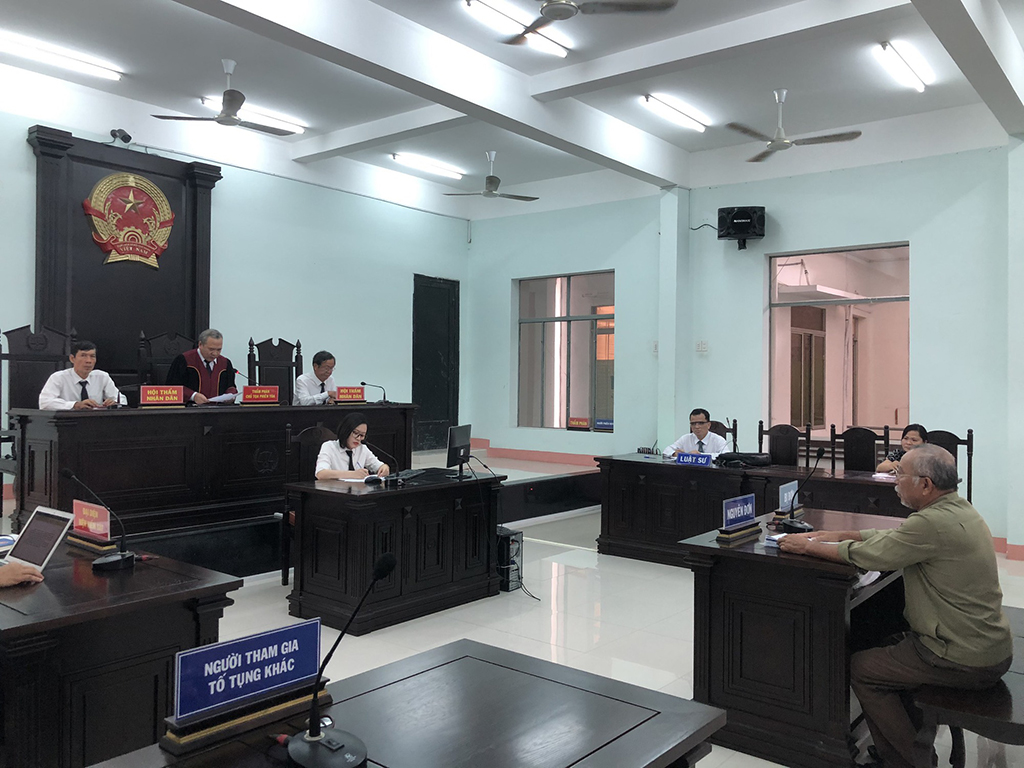
Mr. Nguyen Van Binh (right cover) at the first instance trial of the lawsuit against the Chairman of Khanh Hoa Provincial People's Committee
In July 2022, after more than 2 years of complaints through many levels, Ms. KTTr and dozens of residents of the collective housing area at 32 Van Bao (Ba Dinh District, Hanoi ) filed a lawsuit against the People's Committee of Ba Dinh District, requesting to revoke the construction permit of a neighboring household, because they believed that the construction overlapped with the area of the collective housing area.
After the failed dialogue due to the absence of government representatives, on September 22, the Hanoi People's Court announced the opening of the first instance trial, dozens of representatives of households came to court. However, the People's Committee representative continued to not show up, so the court had to postpone the trial. On September 28, the court reopened the first instance trial, and the district People's Committee representative was once again absent. However, because of the two absences, the court still tried the case, and then declared the households to have lost the case.
In addition to the unsatisfactory trial result, what made Ms. Tr. and the residents very upset was the participation of the People's Committee of Ba Dinh District in the proceedings. "People feel disrespected. There are elderly and weak people who need help walking but still try to go to court, but the representative of the People's Committee of Ba Dinh District never comes. Winning or losing is not discussed, but they must be present to debate fairly. They do not go to court, do not present, but are still declared the winner, so is there a situation of pocket judgment?", Ms. Tr. said.
The story of Ms. Tr. and the households in the 32 Van Bao apartment complex is not a rare case. In 2018, after 3 years of the 2015 Administrative Procedure Law coming into effect, the National Assembly's Judicial Committee conducted supervision of the implementation of the Administrative Procedure Law. The results showed that the rate of chairmen and representatives of the People's Committee not participating in the trial tended to increase. In 2015, it was only 10.71%, but by 2017, it had increased 3 times, to 31.69%.
In many localities, the Chairman of the People's Committee often delegates authority to the Vice Chairman, but the Vice Chairman does not participate in any dialogue sessions or court hearings. For example, in Hanoi, in 3 consecutive years (from 2015 to 2017), the court tried 189 cases but in no case did the Chairman or Vice Chairman of the People's Committee of Hanoi participate in the proceedings.
By 2022, the National Assembly's Judicial Committee will continue to supervise administrative cases for the second time. After 4 years (since the 2018 supervision period), the situation of People's Committee Chairmen refusing to come to court has not "abated". From 2019 to 2021, up to 27.8% of court sessions did not have the participation of the People's Committee or its representative.
In many cases, there were even cases of absence without a request for absence, leading to the court having to postpone the trial unexpectedly, causing a waste of time, effort and money for both the state and the litigants. Also during this period, the Chairman of the Hanoi People's Committee or his authorized person continued not to attend any trial.
100% absent from dialogue sessions
To promote the settlement of administrative cases, before 2018, the judiciary began piloting the mediation and dialogue mechanism in court. In 2020, the National Assembly approved the Law on Mediation and Dialogue in Court, opening up a dialogue mechanism for administrative cases before the court accepts and adjudicates them. However, not only do they refuse to go to court, many chairmen of the People's Committees also refuse to dialogue with the people.
At the end of 2020, Mr. Nguyen Van Binh (70 years old, residing in Loc Tho Ward, Nha Trang City, Khanh Hoa) sued the Chairman of Khanh Hoa Provincial People's Committee for refusing to provide a golf course investment certificate to a local enterprise. Mr. Binh is one of many households whose land was forcibly recovered for the enterprise to do the above-mentioned project and has been complaining for many years. After accepting the petition, Khanh Hoa Provincial People's Court summoned the parties three times to conduct a dialogue, but all three times the Chairman of the Provincial People's Committee or the authorized person was not present. Only once were officials from the Department of Justice and the Department of Planning and Investment present.
In April and August 2022, the court held the first instance and appeal trials. In both trials, the Chairman of the Khanh Hoa Provincial People's Committee continued to be absent, with only department-level officials attending the court as defenders of the defendant's rights. "For more than 2 years of handling the case, I have never met the provincial chairman or the authorized representative. I am very upset. Such absence is a disregard for the law, a disregard for the court, and a disregard for the plaintiff," Mr. Binh said harshly.
The 2022 monitoring report of the Judicial Committee shows that in 3 years (from 2019 - 2021), up to 32.6% of dialogue sessions did not have the participation of the People's Committee or representative. In many localities, although the number of cases is not large, the chairman or representative is often absent. In some localities, the chairman or representative of the People's Committee at all levels is absent in 100% of dialogue sessions, typically Khanh Hoa and Hanoi.
According to the Judiciary Committee, the absence of the People's Committee Chairman not only wastes time, effort and money, but also misses the opportunity to meet, listen to opinions and dialogue with the people; prolongs the litigation process, causing frustration for the plaintiff. In fact, in many localities, the rate of successful conciliation over the total number of cases that have been held for dialogue is very high.
Along with not appearing in court or having a dialogue, many chairmen of the People's Committees when being sued also refused to provide evidence to the court. The Supreme People's Court's report said that up to 57/63 provincial courts reported difficulties in collecting evidence. In many cases, the People's Committees did not provide documents and evidence and did not respond to the reason for not providing them. The court had to repeatedly send documents or contact by phone to urge the submission and provision of evidence, causing the case to be prolonged.
Not ensuring the principle of litigation
The National Assembly's Judiciary Committee affirmed that the failure of chairmen or representatives of People's Committees at all levels to participate in court sessions or dialogues not only demonstrates non-compliance with the law, but also deprives the government of the opportunity to exchange and grasp citizens' aspirations, thereby reviewing the process of issuing administrative decisions to take timely corrective measures.
In terms of litigation, the situation where the People's Committee leaders do not appear in court makes it impossible to ensure the principle of litigation, because the trial panel cannot question the defendant, leading to difficulties in examining documents and evidence at the trial.
Furthermore, if the defendant is absent, the court cannot request the provision of documents and evidence at the trial; it cannot conduct dialogue between the parties when deemed necessary. The defendant is also not qualified to fully grasp the developments or contribute opinions so that the court can make an appropriate decision, facilitating the organization of the execution of the judgment.
On the contrary, when people file a lawsuit in court, they always want to meet and talk with the Chairman of the People's Committee - the person who issued the administrative decision. However, the absence of the Chairman or representative of the People's Committee from the dialogue stage to the trial makes their frustration multiply every day.
The people's desire for dialogue and fair debate was confirmed by the Chief Justice of the Yen Bai Provincial People's Court, Le Thai Hung. According to Mr. Hung, before filing a lawsuit, the people had gone through a process of complaints and contact with the support departments of the chairman or the People's Committee at all levels. Because they could not find a solution, they turned to the court as the last way to seek justice.
"People go to court to meet with someone in authority, to have their issues resolved, to have public and equal debate. You say one thing, but I say another; you say it correctly according to the regulations, but I point out your mistakes; clearly and transparently," Mr. Hung analyzed. (to be continued)
Lawyer Nguyen Ngoc Hung, Head of the Connection Law Office (Hanoi Bar Association), said that in 2020 he participated in protecting the rights of plaintiffs in 23 administrative lawsuits against the People's Committee of Chuong My District (Hanoi), related to compensation requests for site clearance.
In all 23 of those cases, the representative of the District People's Committee was absent, only sending professional staff to attend as protectors of legal rights and interests. This made the litigation process seem to be one-sided from the side of the people and the defense lawyer; while on the defendant's side, the professional staff only presented the same contents as in the document the People's Committee sent to the court before, along with the familiar motif of "requesting the court to resolve according to the law".
Source link




![[Photo] Dan Mountain Ginseng, a precious gift from nature to Kinh Bac land](/_next/image?url=https%3A%2F%2Fvphoto.vietnam.vn%2Fthumb%2F1200x675%2Fvietnam%2Fresource%2FIMAGE%2F2025%2F11%2F30%2F1764493588163_ndo_br_anh-longform-jpg.webp&w=3840&q=75)





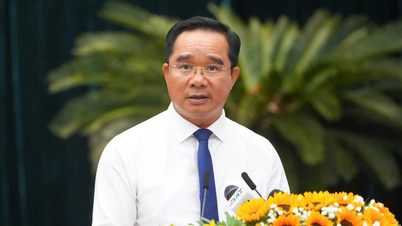



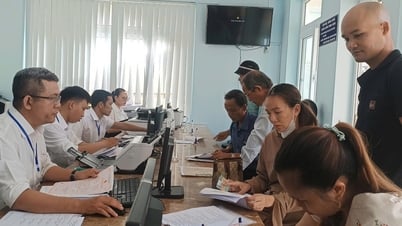

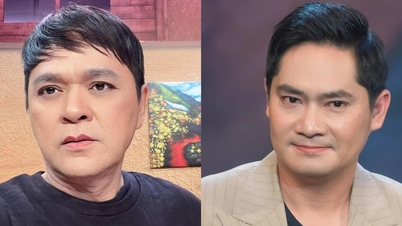

















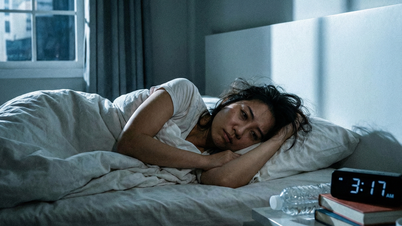
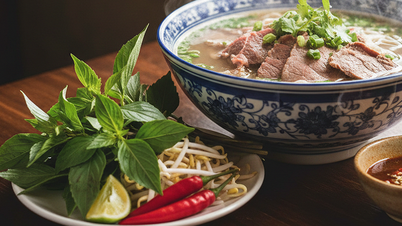
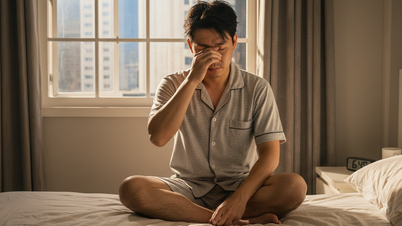


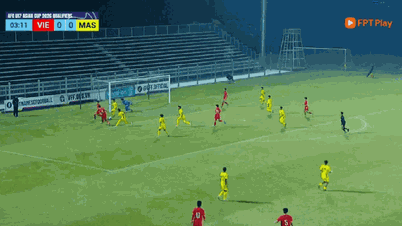

































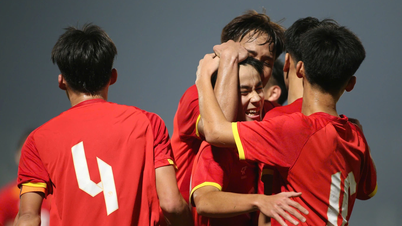
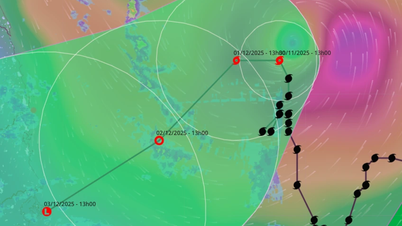
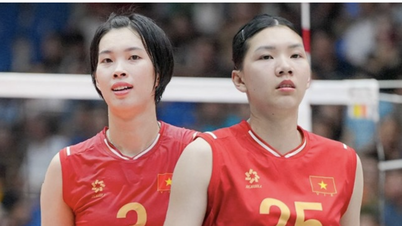

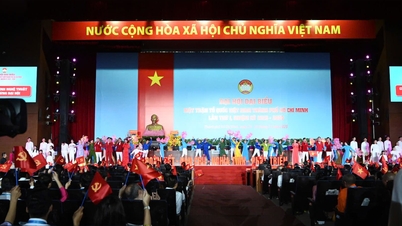




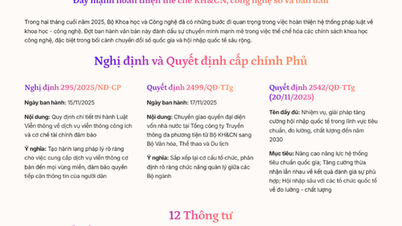

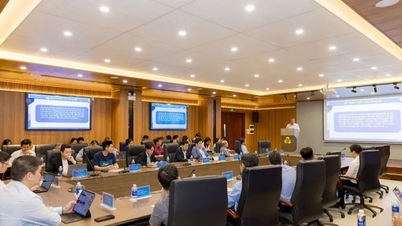
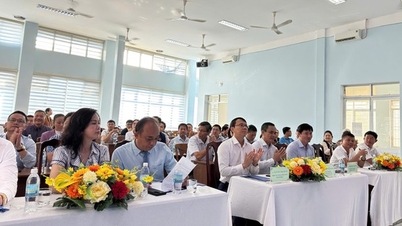
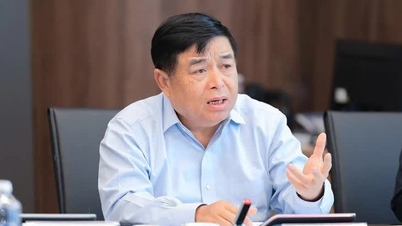

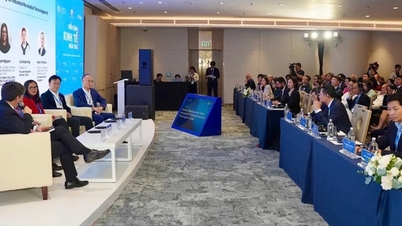
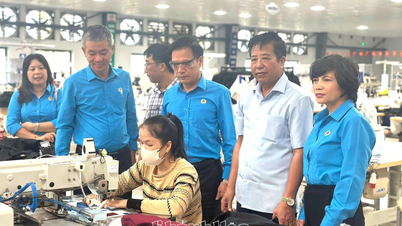

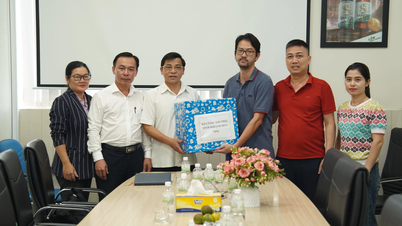
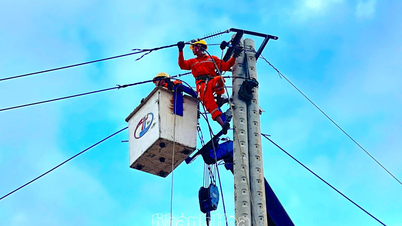
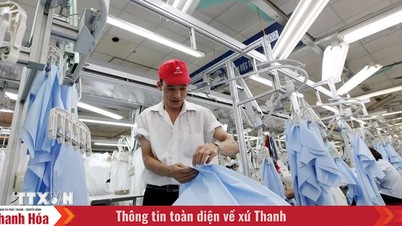



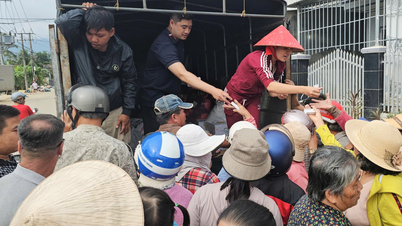









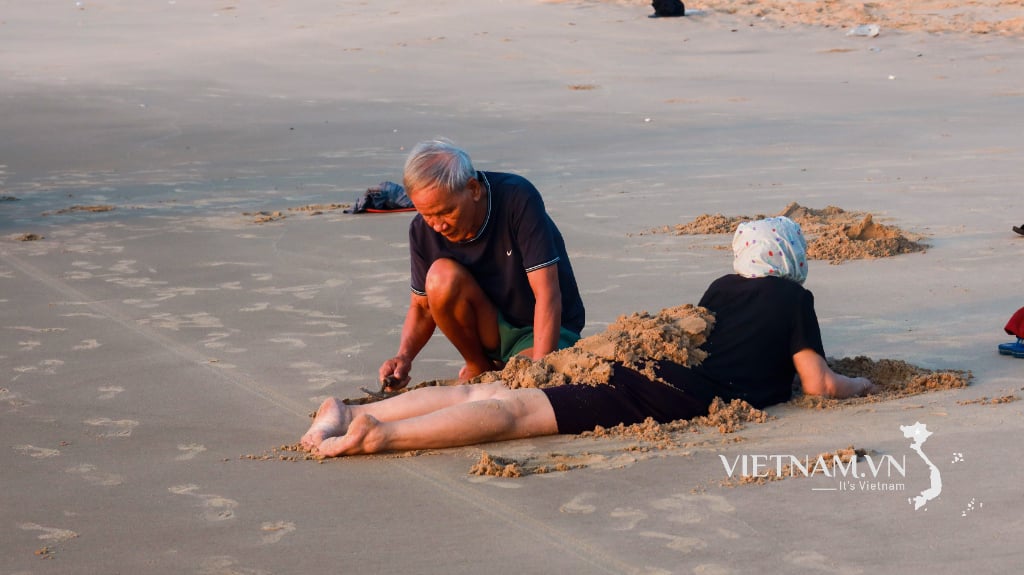


Comment (0)